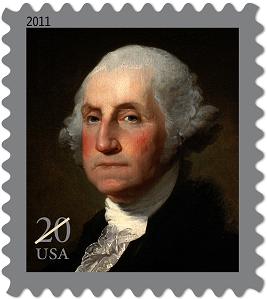Current U.S. seed laws and policy have veered far from President George Washington’s vision of seeds and farming for this country. Seed and plant patent and intellectual property (IP) schemes not only ensure that a farmer is “obliged to buy his Seeds,” but also cause hardship through loss of autonomy, harassment, and litigation for farmers throughout the U.S. and across the globe. In the last few decades, the U.S. has led a radical shift toward commercialization, consolidation, and control of seed ownership. Three agrichemical firms—Monsanto, DuPont, and Syngenta—now control 53 percent of the global commercial seed market. The top ten seed firms, with a majority stake owned by U.S. corporations, account for 73 percent. This shift has fundamentally changed farming in the U.S. Instead of continuing the historical tradition of farmers having full access to seeds that they have cultivated over centuries, agrichemical corporations now own the sine qua non of farming—indeed, the irreplaceable element of all food—seeds. This report recounts the history of seed and plant breeding and intellectual property policies in the U.S. and outlines how the current intellectual property regime has resulted in seed industry consolidation, rising seed prices, loss of germplasm diversity, and the strangling of scientific inquiry. It then documents lawsuits and threats of lawsuits by the largest agrichemical companies in the world against U.S. farmers for alleged infringement of seed patents. Finally, the report provides policy options that can help protect farmers and food resources as well as generate seed innovation and research through fair access to seeds and other resources.
Source:
SEED GIANTS VS. U.S. FARMERS
REPORT BY THE CENTER FOR FOOD SAFETY & SAVE OUR SEEDS (2013) - attached

- Log in to post comments
